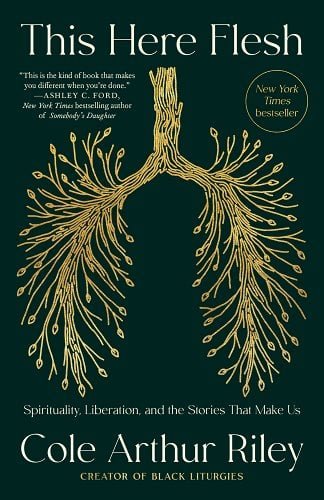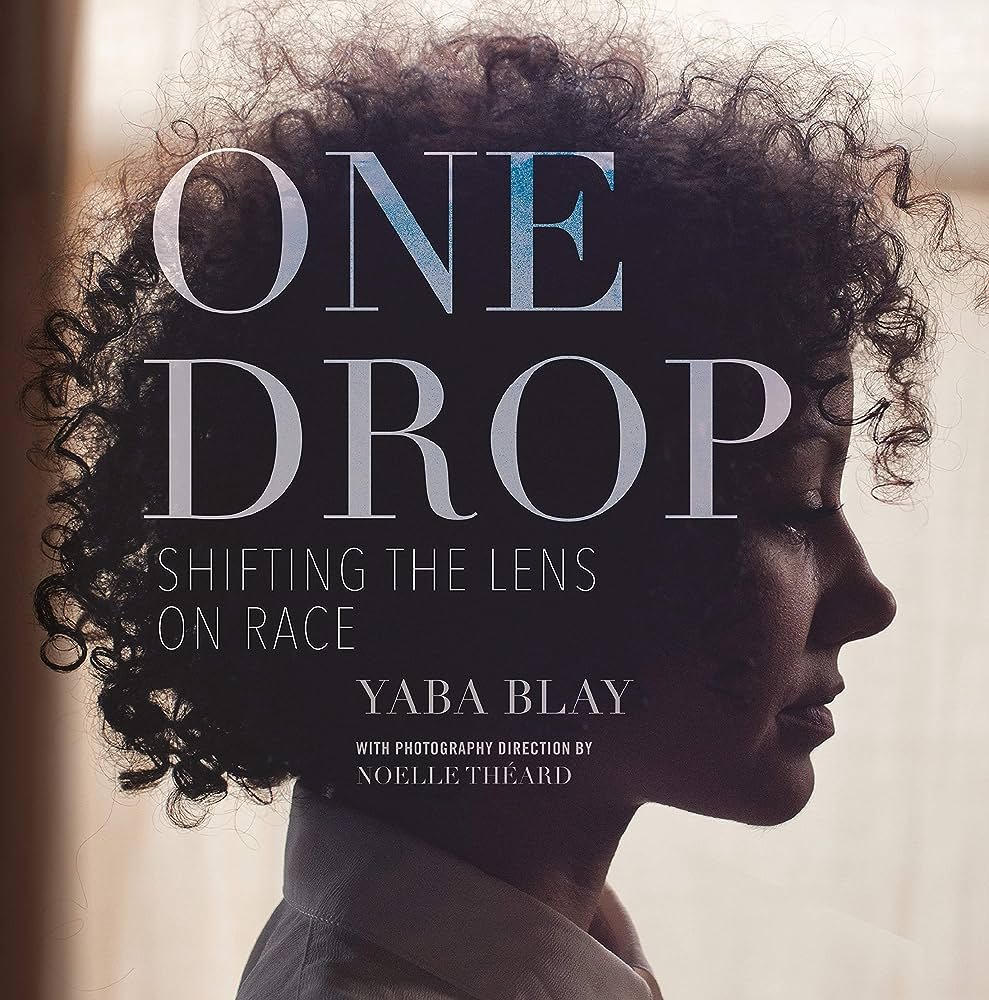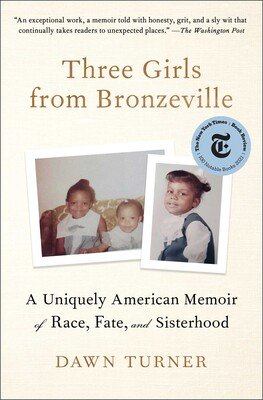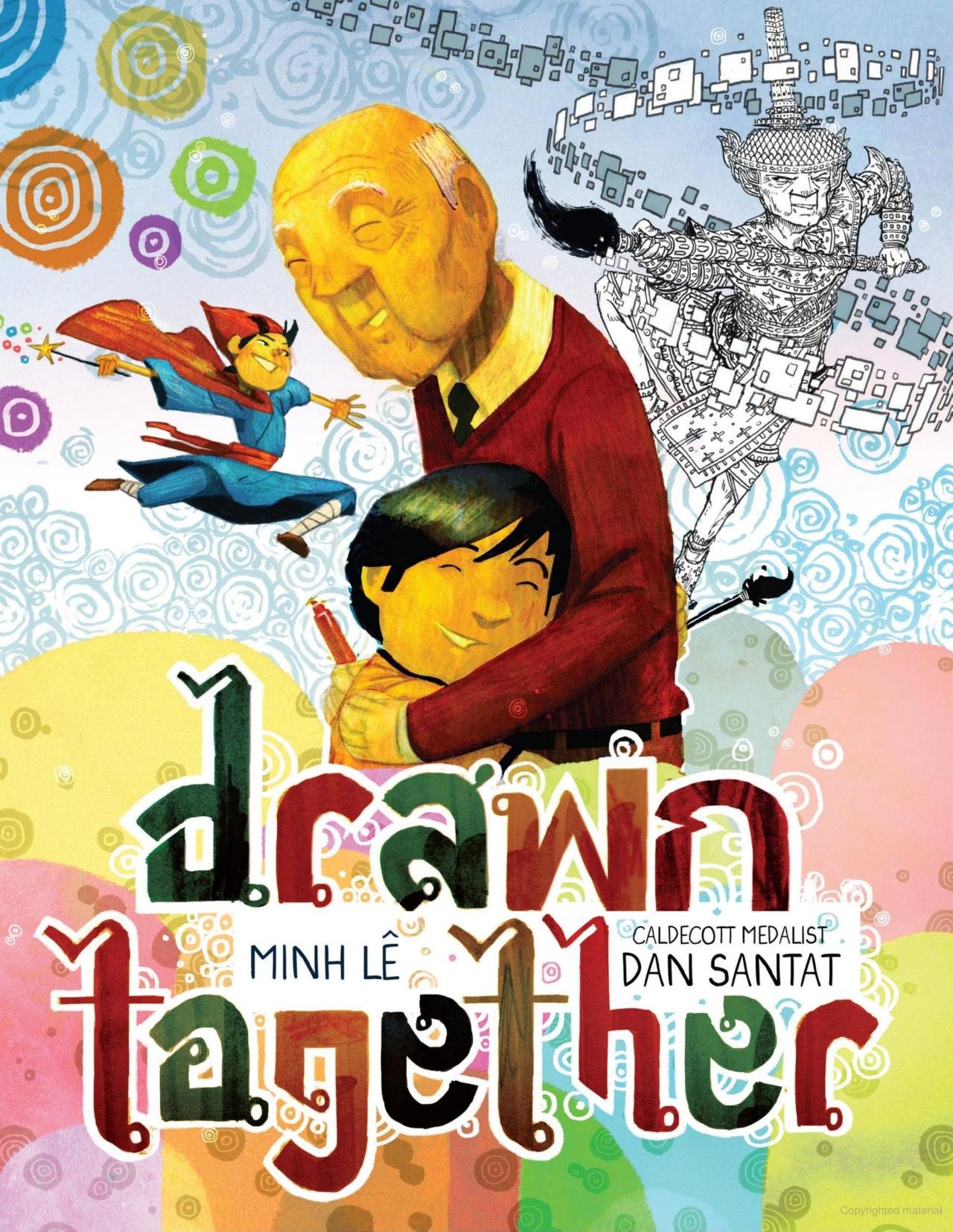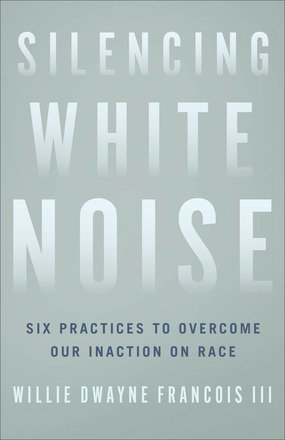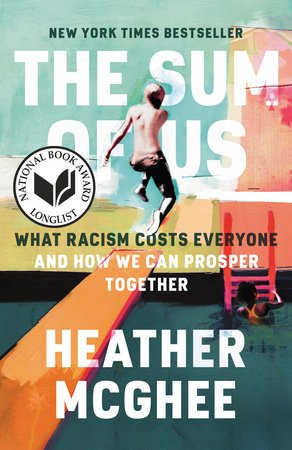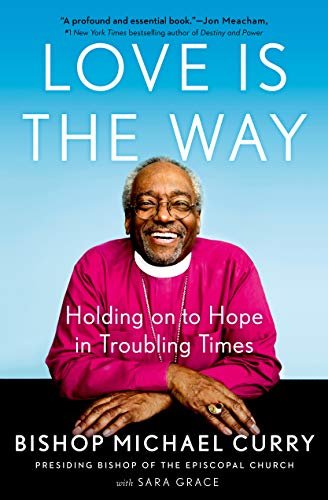Anti-Racism
Understanding All Saints’ racial history …
… One interview at a time
What We Have Done
What We Have Left Undone
A view into our racial history
Presented by
The Episcopal Church of All Saints
Premiered Jan. 4, 2024
Examining the racial history of All Saints in Indianapolis and exploring how racist policies and actions continue to impact the congregation in uneven ways, this film combines stories from community members historicized with archival footage documenting neighborhood changes that impacted the racial make-up of the congregation and the internal dynamics of the church.
As part of our ongoing work as a parish to be actively anti-racist, the Anti-Racism Committee undertook the video documentary project which became What We Have Done, What We Have Left Undone. Read the archived transcripts of parishioner interviews with committee members below.
Barbara Bingham (October 2021)
Bethel Bose (October 2021)
Fr. Gordon Chastain (October 2021)
Dr. Harold Brown (November 2021)
Win Tackett, Dr. Freida Thompson & Dr. Linda Ferreira (December 2021)
Fr. Jack Eastwood (March 2022)
Carol Allender, Barbara Jean Bingham Dunlap & Barbara Bingham (MARCH 2022)
Bill Coleman (April 2022)
Mother Nan Peete (November 2022)
Lee Little (November 2022)
Dr. Tiffany Kyser (November 2022)
Mother Shawn Schreiner (December 2022)
Bishop Jennifer Baskerville-Burrows (February 2023)
Russell Allender (February 2023)
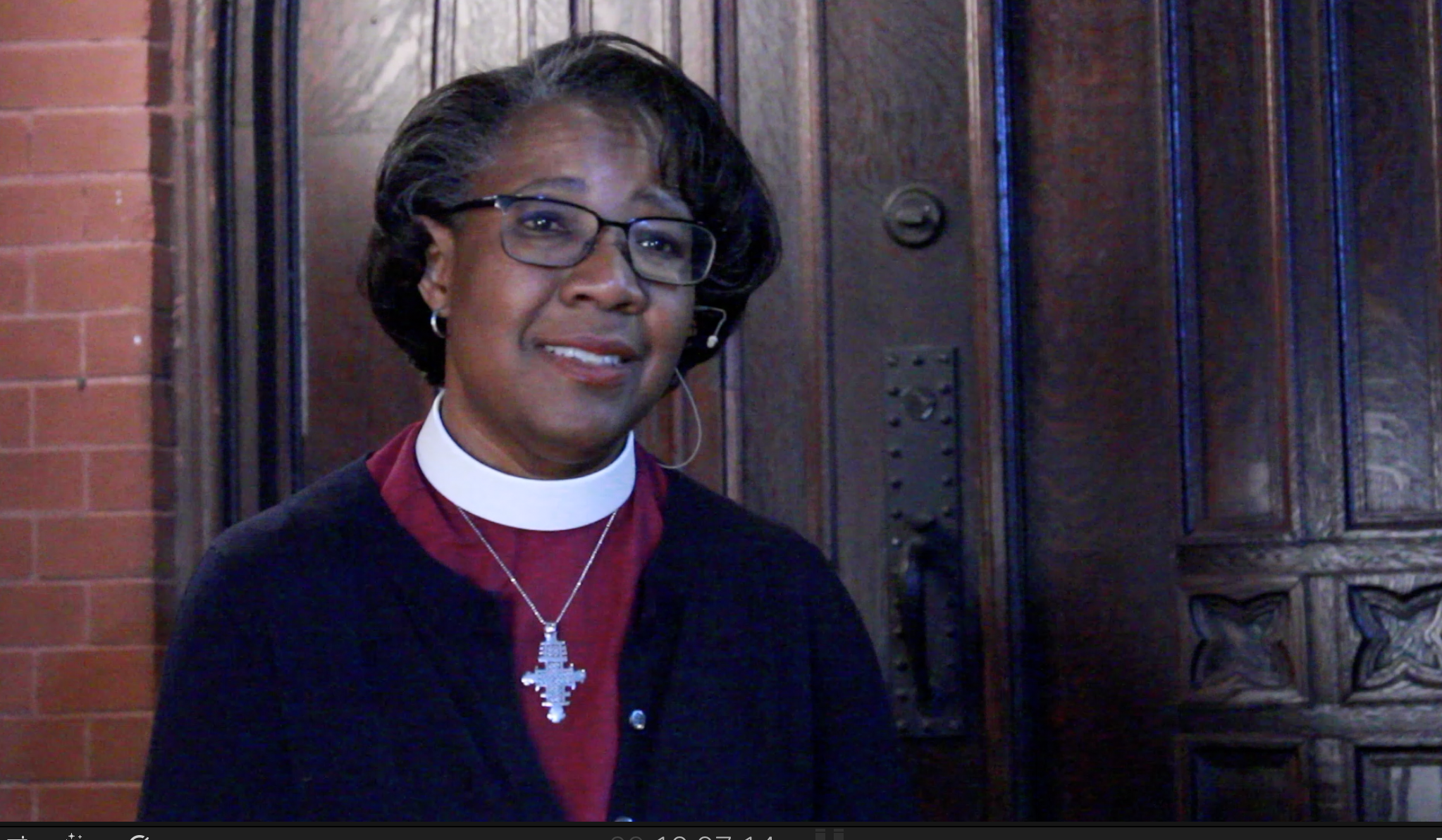
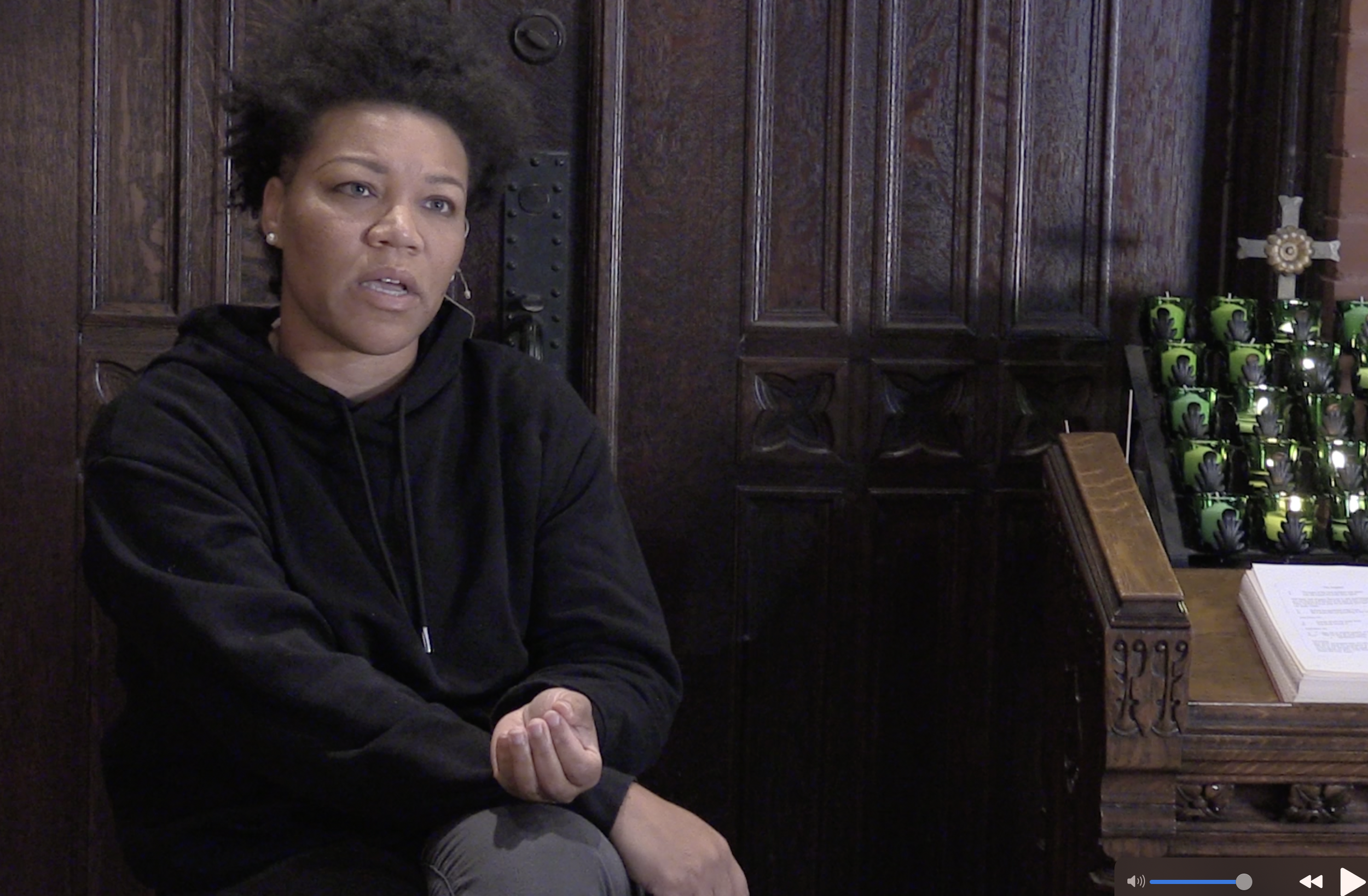
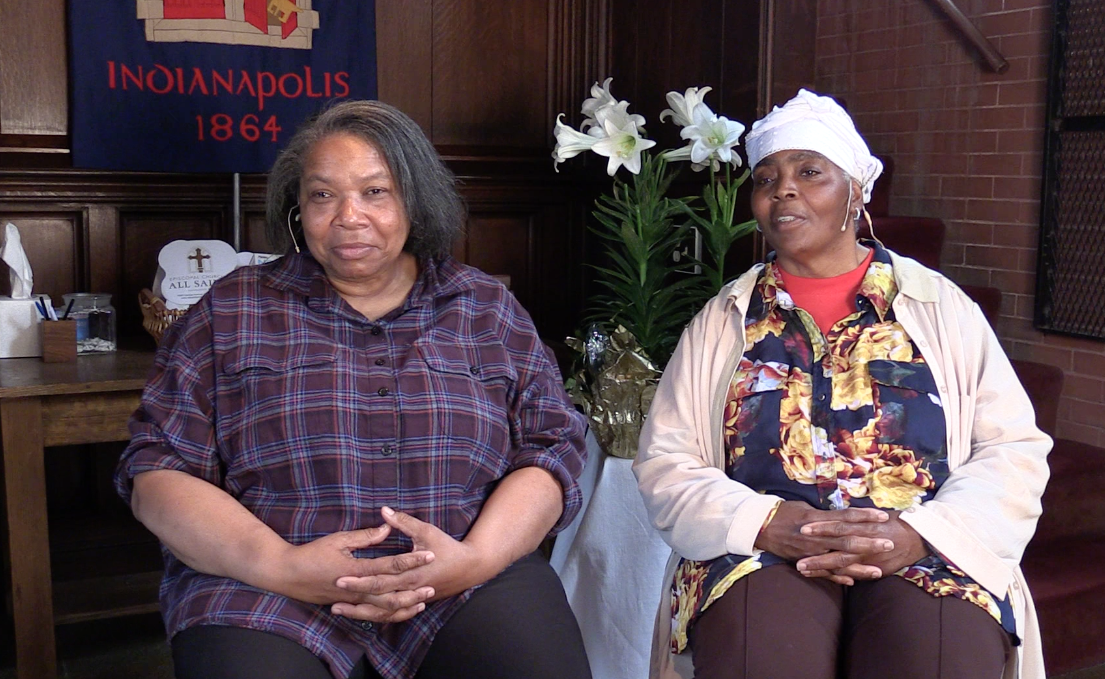
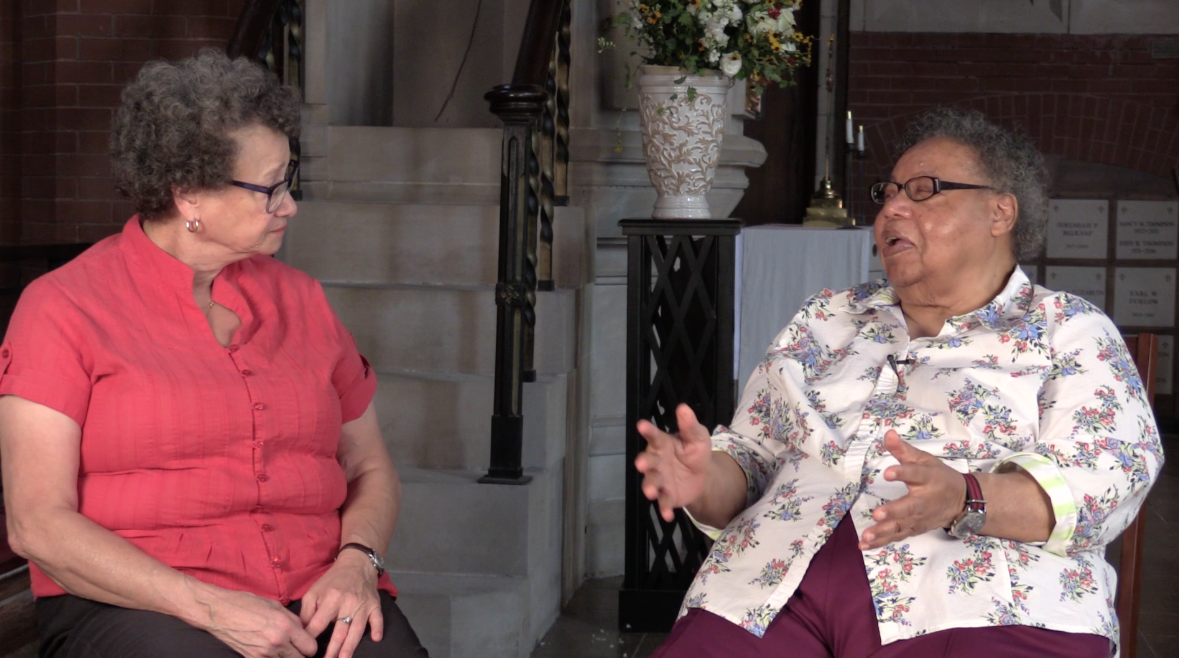
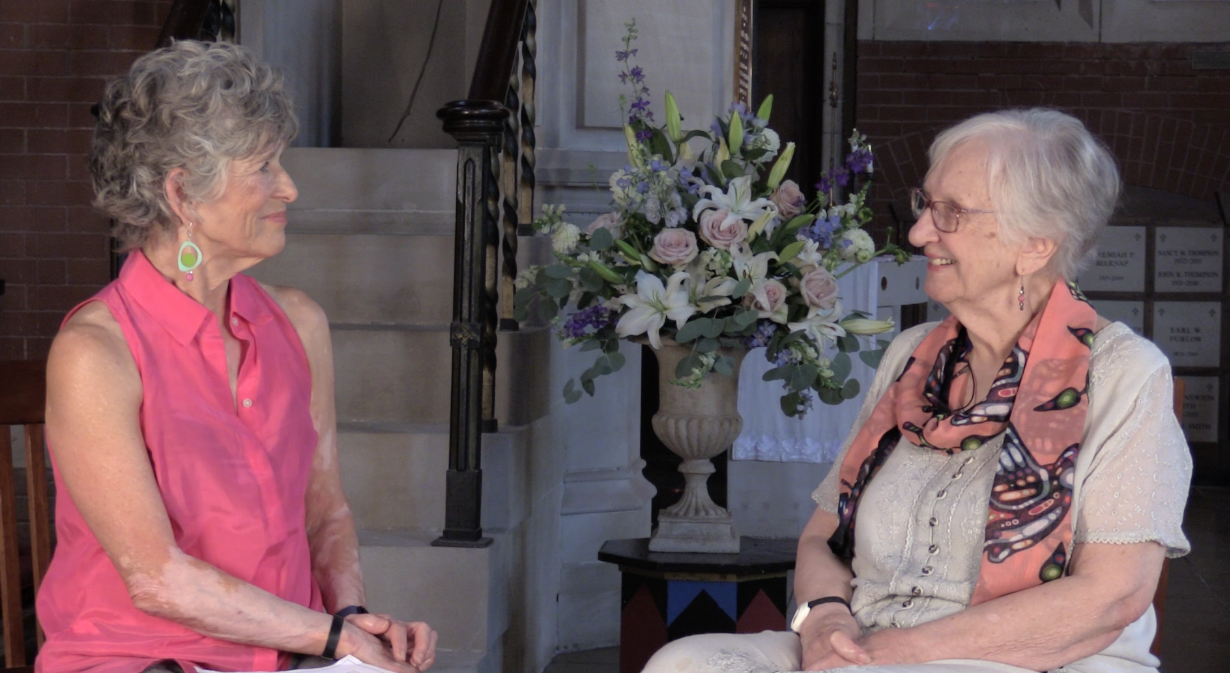
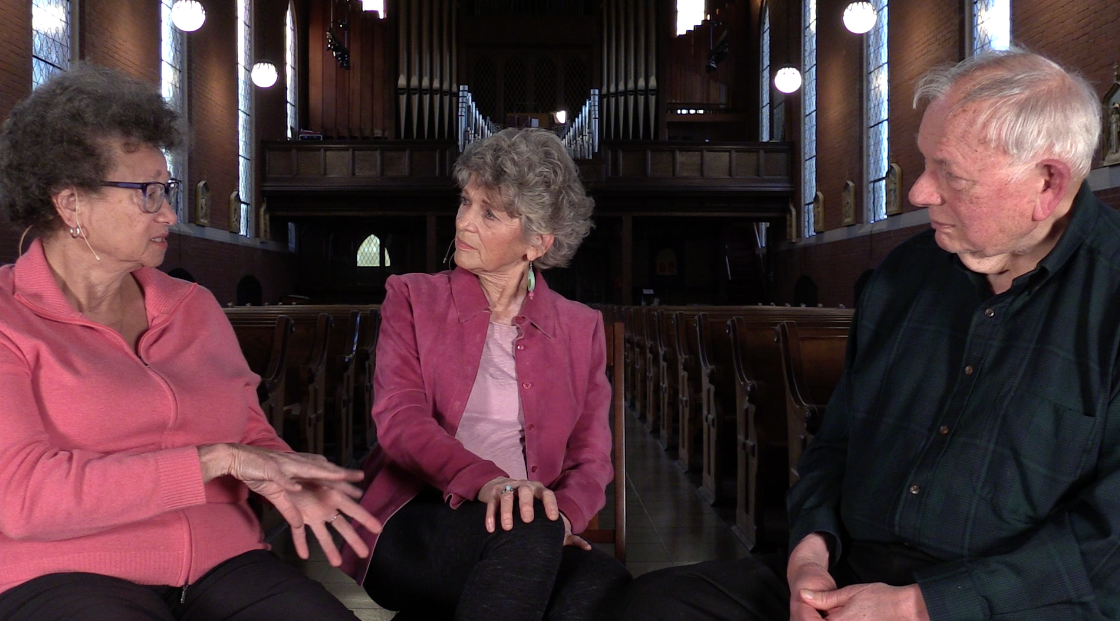
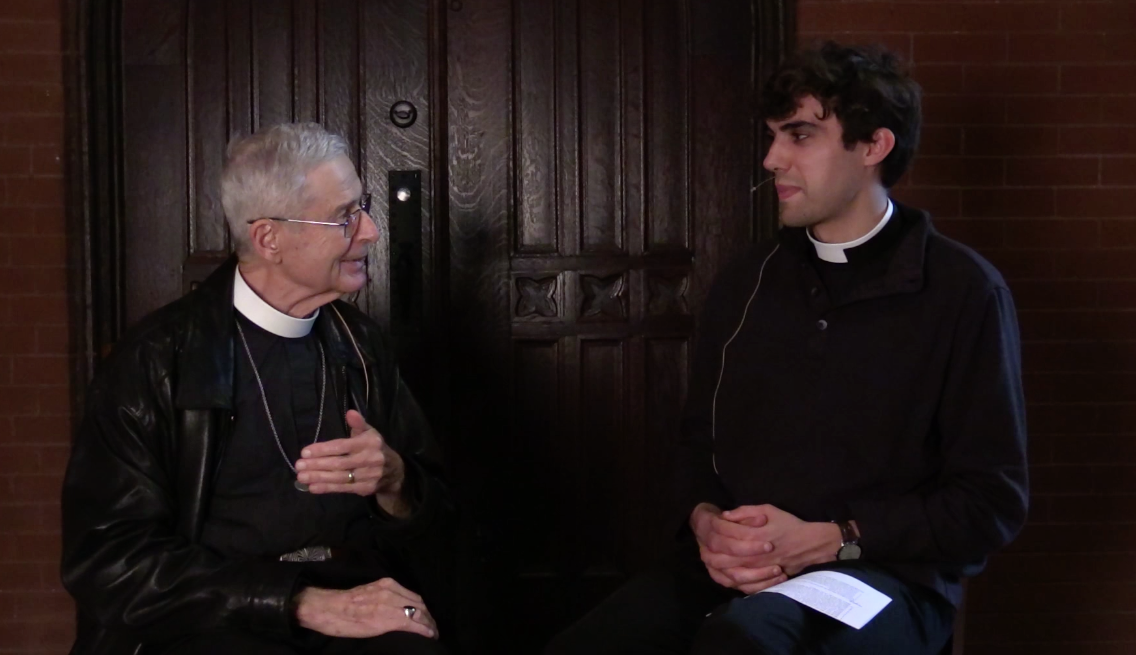
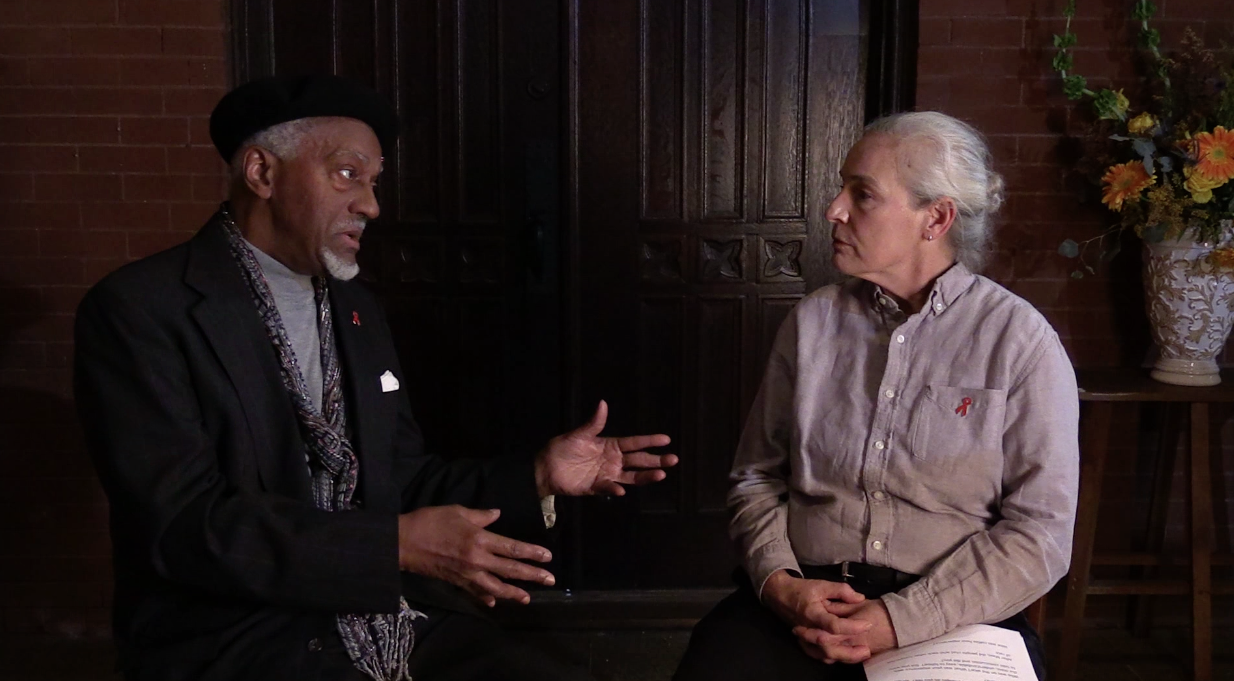
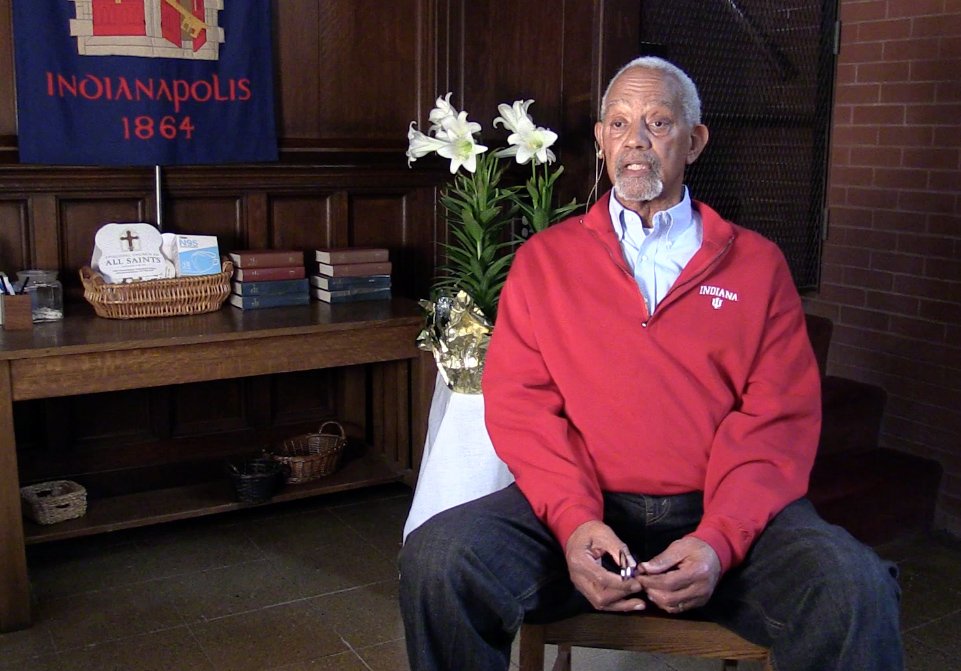
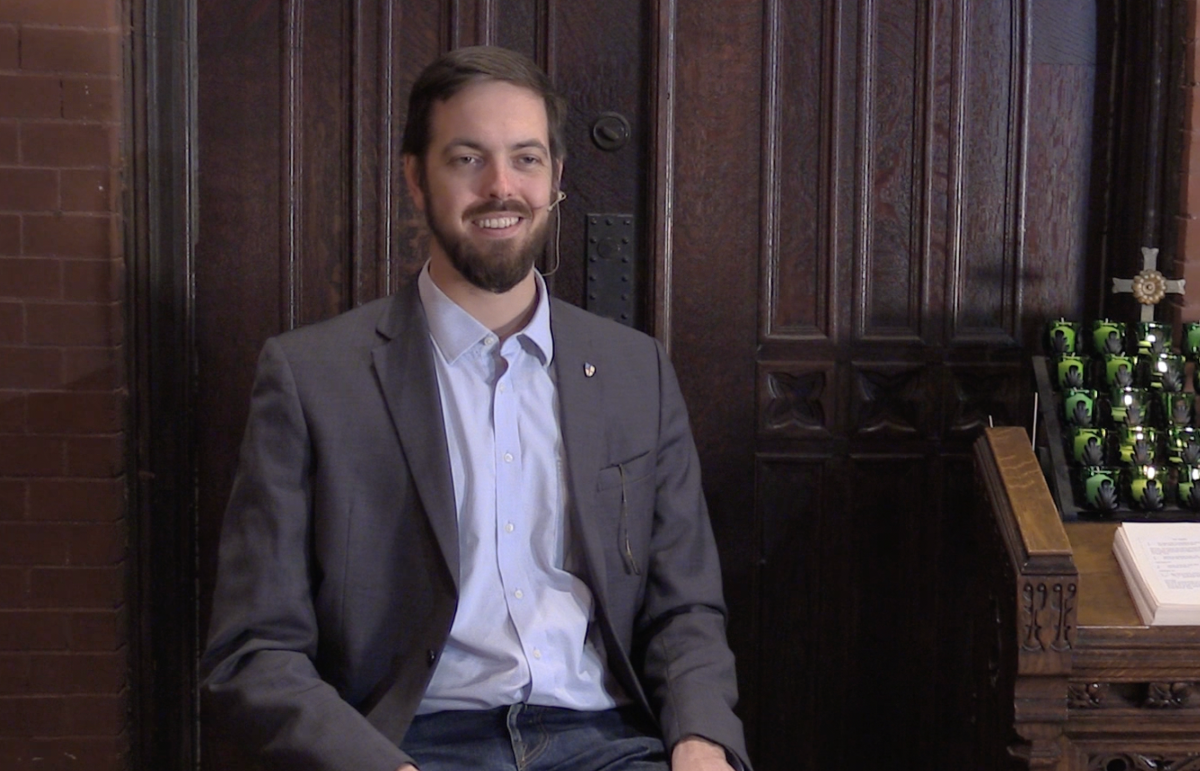
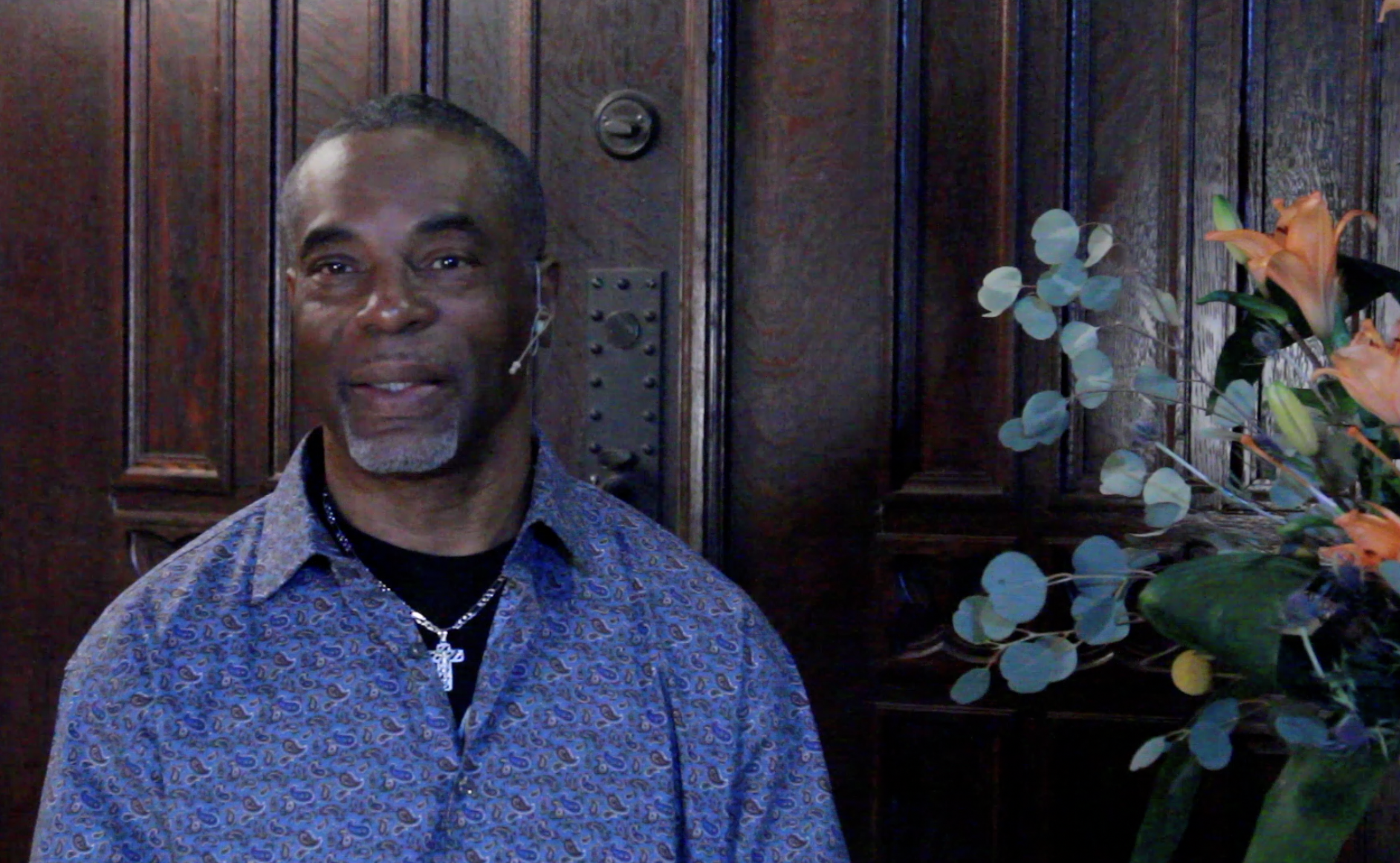
Icon Audit Walks & Forums
Sound Recordings at All Saints with Father Sam Vaught and Parishioners
#1 Walk Recorded October 23, 2021
#2 Forum Recorded October 24, 2021
#3 Forum Recorded March 27, 2022
Transcriptions by Catherine Crouch
Understanding social justice & racial reconciliation …
… One book at a time
The Second: Race and Guns in a Fatally Unequal America; Carol Anderson; pub. Bloomsbury c. 2021.
Book report written by parishioner Catherine Crouch
Even before we were a country, as early as 1639, Virginia banned Africans from having guns because “what white Southerners feared the most was an armed Black man unafraid to retaliate against both the system of slavery and those who fought to defend it”. By 1680 the law had been amended to ban enslaved and free Blacks from the right to self-defense if attacked by a white person.
Lee Considered: General Robert E. Lee and Civil War History; Alan Nolan; pub. The University of North Carolina Press c. 1996.
Book report written by parishioner Dr. Tom Mason
Newly discovered evidence sometimes drives change in historical interpretation. But more often evidence that has been known all along—hidden in plain sight—drives such change. Nolan observed: “This evidence does not include any new or sensational facts or new primary materials. On the contrary, my inquiry concerns what the familiar and long-available evidence actually establishes about Robert E. Lee.”
Robert E. Lee and Me; Ty Seidule; pub. St. Martin’s Press c. 2020.
Book report written by parishioner Louise Boling
One summer I spent the whole week reading about “the War Between the States,” and using that name, though of course that was not what my family or school classes called it, and I rather quickly lost that affectation and went back to the more accurate name, the Civil War. Dr. Seidule devotes a whole section to what that war is called, and why it matters: “The War Between the States” vs. the Civil War, or even the War of the Southern Rebellion, which is his preference.
The Souls of Black Folk; W.E.B. Du Bois; pub. A. C. McClurg & Co., Chicago; c. 1903.
Book report written by parishioner James Beveridge
“The problem of the twentieth century, is the problem of the colored line … “. In 1903, W.E. Du Bois, published “The Souls of Black Folk”. It was an immediate success and was reprinted twice in its first two months. On careful review, “The Souls of Black Folk” establishes and illustrates and expands on the definition of the color-line and asserts itself as foundational to the Black Rights movement.
Me and White Supremacy; Layla F. Saad; pub. Sourcebooks; c. 2020.
Book report written by Fr. Charles Allen
This book is not for everybody. It's for white people like me (as well as for anyone who "passes" for white) who keep thinking of ourselves as well-meaning and anti-racist and yet keep failing to notice how much we are still running on a kind of autopilot repeatedly reinforcing the unfounded assumption that being a white person is the best way to be a person at all.
The Crucible of American Songs: from Slave Songs to Sacred Art Music; essay by Dr. Janet Hock
When I told my voice teacher I wanted to learn to sing spirituals, she said "Before you sing, you must know the history of these songs, and sing them with that history in your voice.”
The Antiracist; Kondwani Fidel; pub. Hot Books; c. 2020.
Book report written by parishioner Linda Ferreira
Kondwani Fidel asks his grandmother, the person raising him in Baltimore, “Why do so many people get killed in the summertime?” Think about how this question could come from a grade schooler. As an adult, Fidel reflects on eras of racism.
Our Hidden Conversations; Michele Norris; pub. Simon & Schuster; c. 2024.
Book report written by parishioner Linda Ferreira
Michele Norris, leading journalist, former host of All Things Considered, asks each of us to tell our race story in 6 words. Much to her surprise, she gathered thousands of postcards over the 14 years leading to the publication of this book. The postcards are arriving still.
The Cross and the Lynching Tree; Dr. James Cone; pub. Orbis Books; c. 2011.
Book report written by parishioner Linda Ferreira
Dr. Cone shows us the direct connection between Jesus dying on the cross and thousands of African Americans dying on the lynching tree. Dr. Cone contends that our symbol of the cross has become detached from the deep suffering of the oppressed.
Walk with Me: A Biography of Fannie Lou Hamer; Kate Clifford Larson; pub. Oxford University Press; c. 2021.
Book report written by parishioner Amy Hemphill
Author Kate Clifford Larson sets the story of Fannie's life in the larger context of Jim Crow era Mississippi and early 20th c. southern Black culture. Moonshine and delta blues fueled juke joint gatherings, gave communities opportunities for fellowship and relaxation after backbreaking field work and the myriad indignities of segregation and discrimination.
The Making of Asian America: A History; Erika Lee; pub. Simon & Schuster; c. 2015.
Book report written by parishioner Janet Eichenberger
[Lee] challenges common stereotypes like the "model minority" by showcasing both achievements and struggles. The book emphasizes that Asian Americans are not a monotlithic group but have diverse backgrounds and experiences.
This Here Flesh: Spirituality, Liberation, and the Stories That Make Us; Cole Arthur Rile; pub. Convergent; c. 2022.
Book report written by parishioner Cathy Scott
Cole writes in the same fashion as our Gospel writers wrote – by telling stories. The stories of her Gramma, her father, and her ancestors, illustrate both her theology of the Sacred and the weaknesses and strengths of the human spirit.
South to America: A Journey Below the Mason-Dixon to Understand the Soul of a Nation; Imani Perry; pub. Ecco; c. 2023.
Book report written by parishioner David DuMond
Many of us, and by “us” I mean all us people, must endure for a period of time the task to honorably serve a corrupt master – person, business, or government. I view Confederate soldiers in light of that concept. So, memorials to the Confederate dead as such do not disturb me. … The problem is – these memorials often celebrate the Lost Cause. And to that extent, I join Imani Perry in wishing their destruction, a cleansing of the punch bowl of public discourse.
One Drop: Shifting the Lens on Race; . Yaba Blay; pub. Beacon Press; c. 2021.
Book report written by parishioner Tim Koponen
In a very personal, but broad approach to the definition of race in America and beyond, Yaba Blay is straightforward about her goals and the issues she wishes to raise in her collection of personal stories and portraits of people of African descent from across the globe (but mostly from the United States).
Song in a Weary Throat: Memoir of an American Pilgrimage; The Rev. Dr. Pauli Murray; pub. Liveright; c. 2018.
Book report written by Mother Andrea Arsene as part of July 2023 forum concluding the Pauli Murray celebrations at All Saints
We see through [Dr. Pauli Murray’s] eyes the joys and pain of family love, misunderstanding and deep support. We see how racism limited her choices at nearly every turn for education, employment, advancement, and even something so basic as food and housing. And we see her perseverance, power, and faith that enabled her to continue despite nearly impossible odds.
Three Girls from Bronzeville: A Uniquely American Memoir of Race, Fate, and Sisterhood; Dawn Turner; pub. Simon & Schuster; c. 2022.
Book report written by parishioner Nancy Bain
The strength of this memoir comes from Turner’s ability to defly tell the story of their particular lives, bringing to life the specificity of her family’s story .
Narrative of the Life of Frederick Douglass; Frederick Douglass; pub. 1845.
Book report written by parishioner Tom Mason
[Douglass] gave an extemporaneous speech to a meeting at Nantucket (an island off the coast of Cape Cod) to the Massachusetts Anti-Slavery Society in 1841. His speech was so effective that the society made him one of its agents.
No Ashes in the Fire: Coming of Age Black and Free in America; Darnell L Moore; pub. Bold Type Books; c. 2018.
Book report written by Father Steve Powers
Here is a story of a Black boy growing up in urban poverty in Camden, New Jersey. He struggles with his queer identity at the same time that he is trying to be tough to survive when he is on the street.
Parishioner Louise Boling suggests a few books aimed at children.
Perhaps you have children or grandchildren and you are trying to decide what to get them as a gift. Here are a few of my favorite books for children and young people that deal with issues of difference, in whatever way you want to look at that term, as well as some websites and other resources.
Silencing White Noise: Six Practices to Overcome Our Inaction On Race; Willie Dwayne Francois III; pub. Brazos Press; c. 2022.
Book report written by parishioner Lydia Banton
White noise may be helpful in comforting children; in contrast, Francois proposes that another kind of “white noise” makes us deaf to the impact of racism in society.
The Sum of Us: What Racism Cost Everyone and How We Can Prosper Together; Heather McGhee; pub. One World; c. 2021.
Book report written by parishioner Denise Senter
Beginning with a seemingly simple question of “Why can’t we have nice things?” comes a brilliant discussion of intricate processes, policies, principles, and historical practice that reveals discomforting truths. Contrary to traditional thinking about the impact of disparities and inequality, McGhee warns that “racism gets in the way of all of us having nice things.”
Love is the Way: Holding on to Hope in Troubling Times; Bishop Michael Curry and Sara Grace; pub. Avery; c. 2020.
Book report written by parishioner Nancy Adams
“Never let anyone drag you so low as to make you hate them.”
Only a few pages into Presiding Bishop Michael Curry’s book Love Is the Way, these words virtually jumped off the page at me. In a time when some equate hate with patriotism, these words call us to honor our responsibility as Christians …
The Firebrand and the First Lady: Portrait of a Friendship: Pauli Murry, Eleanor Roosevelt, and the Struggle for Social Justice; Patricia Bell-Scott; pub. Vintage Books; c. 2016.
Book report written by parishioner Louise Boling
Many of us may be somewhat familiar with the life of Eleanor Roosevelt, activist and First Lady before and during WWII, and activist and diplomat following the death of Franklin Delano Roosevelt, her husband. Pauli Murray is a less familiar name, though at least within the Episcopal Church she is finally gaining some recognition. As Ms. Bell-Scott notes, Ms. Murray’s search for social justice began when she was six years old and queried her grandmother as to why her grandfather received three pancakes, and she was given only one! Ms. Bell-Scott continues the story of Ms. Murray’s life as she seeks education and a worthwhile life in a segregated United States. In 1938 she writes a letter to First Lady Roosevelt, which is answered by the First Lady, and that was the beginning of a friendship that continued and deepened until the death of Ms. Roosevelt in 1962. We learn a great deal about Ms. Roosevelt’s work in support of her husband’s New Deal programs and other issues that were of supreme importance to her, including civil and women’s rights. Meanwhile, we learn what it was like to be a Negro and female in the south, and even in the north in the 1940’s, 50’s, and 60’s, when Ms. Murray was repeatedly denied admission to various universities, and denied employment, both for her race and her gender. She also must deal with her own sense of not being a woman, but rather a man, at a time when there was not even language to describe that issue.
The members of the All Saints Anti-Racism Committee. Left to right: Catherine Crouch, Linda Ferreira, Louise Boling, Denise Senter, Sarah Ward













